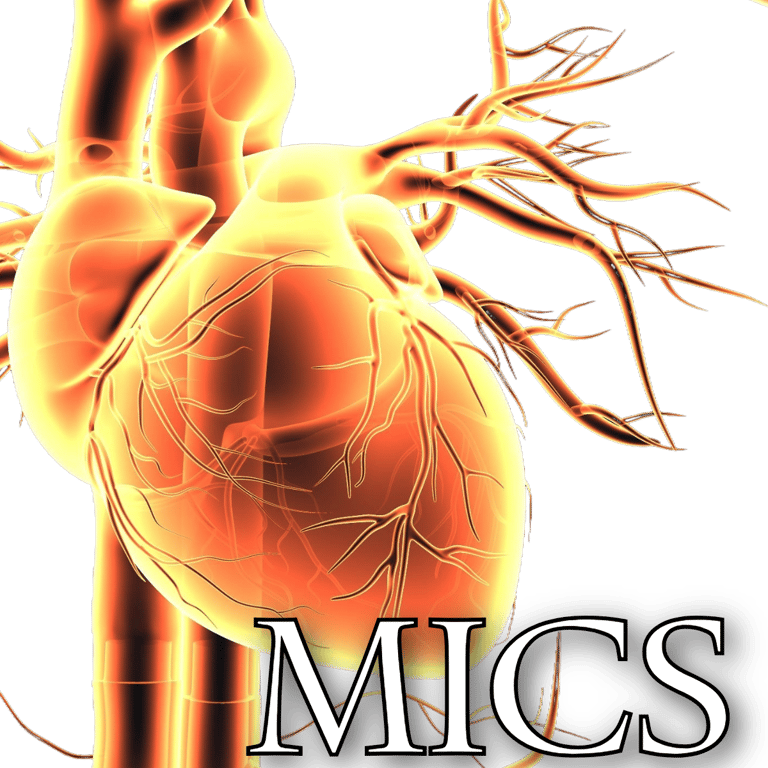MINIMAL INVASIVE HEART SURGERY IN INDIA
Smaller Incisions. Faster Recovery. Safer Heart Surgery.
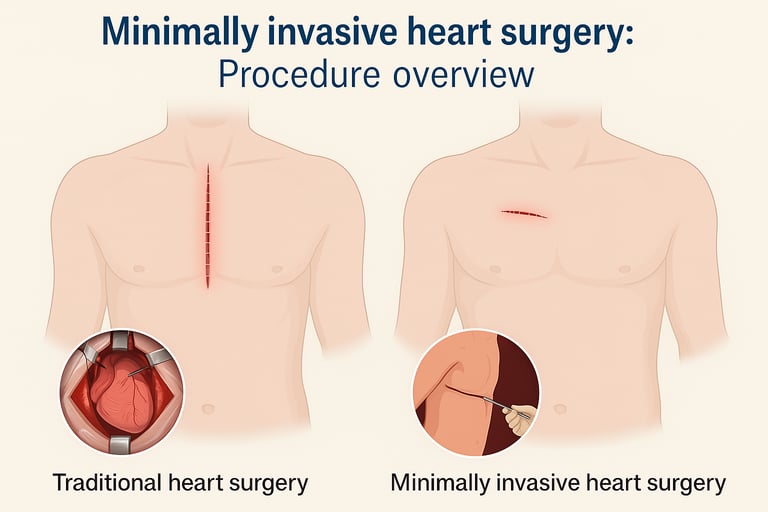

01.
Short Hospital Stays & Faster Recovery
Minimally invasive cardiac surgery (MICS) enables shorter hospital stays and faster recovery by reducing surgical trauma, blood loss, and infection risks. Smaller incisions and robotic precision enhance healing, allowing quicker return to daily activities.
02.
Less complications - Less bleeding
MICS reduces complications by minimizing surgical trauma, leading to less bleeding, lower infection risk, and fewer transfusions, enhancing patient safety and improving overall post-operative recovery outcomes.
03.
Better option for high-risk patients
We offer a complete range of legal services under one roof: our team delivers everything from advisory counsel to full court representation.
04.
Better option for high-risk patients
We offer a complete range of legal services under one roof: our team delivers everything from advisory counsel to full court representation.
Proven Results, Trusted Expertise
Our forum connects patients with India’s leading experts in Minimally Invasive Cardiac Surgery, bringing together a team with over 1000 successful surgeries. Dr. Aditya Kumar Singh, trained in Italy, is regarded as the best minimally invasive heart surgeon in Delhi, performing advanced bypass and valve repair procedures. In Hyderabad, Dr. Vishal Khante is trusted for his expertise in complex minimally invasive heart surgeries, while Dr. Kaushik Mukherjee in Kolkata is known for delivering excellent outcomes in advanced cardiac care. Together, these specialists represent the future of heart surgery in India—safer, faster, and more patient-friendly.
Dr. Aditya Kumar Singh
Education - MBBS, MS, MCh
MICS - 250+ Surgeries
Associate Director and Unit Head - CTVS
Max Smart superspeciality Hospital, Saket
Dr. Vishal Khante
Education - MBBS, MS, MCh
MICS - 250+ Surgeries
Consultant Cardiothoracic - Minimal Invasive Surgeon
Yashoda hospital, Hyderabad
Dr. Kaushik Mukherjee
Education - MBBS, MS, MCh
MICS - 250+ Surgeries
Consultant - Cardiothoracic Surgery
Manipal Hospitals, Dhakuria, Kolkata
98% patient satisfaction rate
Reduced ICU Stay: Often <48 hours for MICS patients
Fast Return to Work: Average in 2–4 weeks
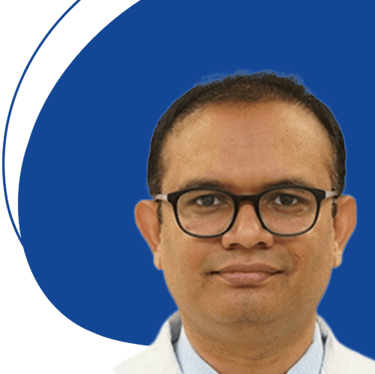

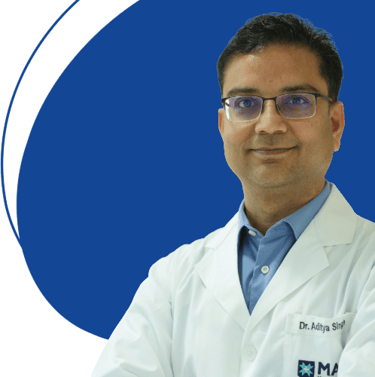

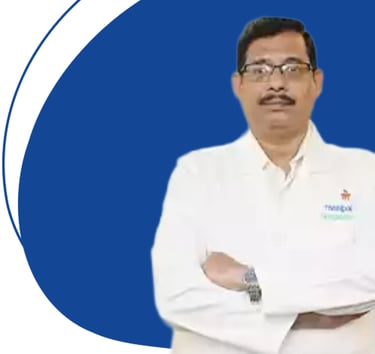

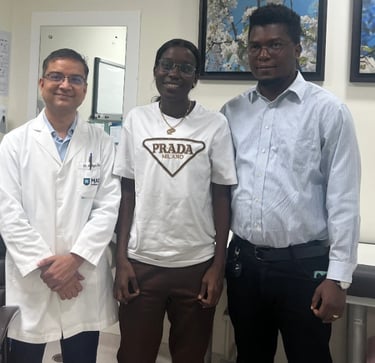

"My wife had a rheumatic heart disease and needed mitral valve replacement and tricuspid repair. Due to Dr. Aditya Kumar Singh expertise, he was able to detect an Atrial septal defect on my wife and the three surgeries was done successfully. Thanks so much. If you looking for a good and skilled Cardio thoracic surgeon with good attitude, you can count on him."
- Joseph Siaway
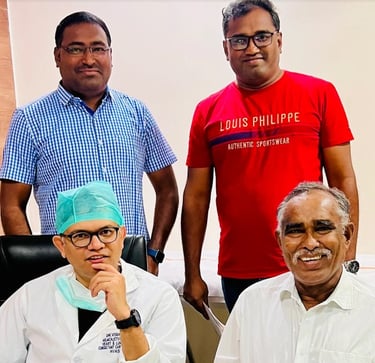

We Approached Vishal sir for my father's heart surgery(Blockage in3 arteries) and he advised us to go for Minimum Invasive method(MICS CABG) on 2nd Jan 2025, which has less complications and less recovery time. He gives us good amount of time in explaining the procedure and clarifying all doubts without any inconvenience. His team is always reachable over mobile for any kind of clarifications. Our family is always thankful for his service.
- Sudhakar Reddy
Testimonials & Patient Experience
Experience the world-class Minimally Invasive Cardiac Surgery, now in India - expert Doctors in MICS, robotic-assisted CABG, and advanced valve procedures.
Minimally Invasive Cardiac Surgery (MICS) is an advanced technique that avoids full sternotomy, using small incisions and robotic or thoracoscopic assistance. It includes MICS-CABG, valve repairs, and ASD closures, reducing trauma, bleeding, and infection risks.
While MICS offers faster recovery and cosmetic benefits, challenges include longer operative times and technical complexity. Continuous advancements are improving patient outcomes and expanding its applicability.
Complex Procedures accomplished via MICS
(Click Cards to read more)
Prominent Surgeries carried out via Minimal Routes
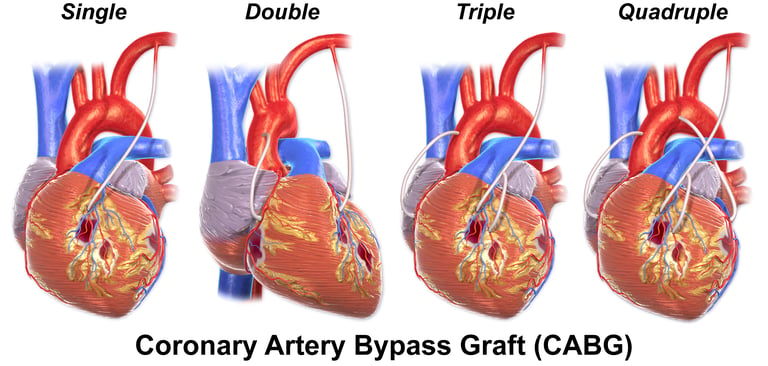

An atrial septal defect (ASD) is a hole in the wall between the heart’s upper chambers. Traditionally, it required open-heart surgery, but today many ASDs can be treated using minimally invasive approaches.
Catheter-based Closure: A small tube is passed through a vein in the leg to place a closure device in the heart. No large incision is needed, and patients usually go home within 1–2 days.
Minimally Invasive Surgical Repair: For cases not suitable for device closure, the defect can be repaired through a small chest incision (mini-thoracotomy), avoiding a full sternotomy.
Both methods are safe, effective, and offer faster recovery, minimal scarring, and reduced discomfort compared to traditional open-heart surgery.
Minimally Invasive Atrial Septal Defect (ASD) Closure
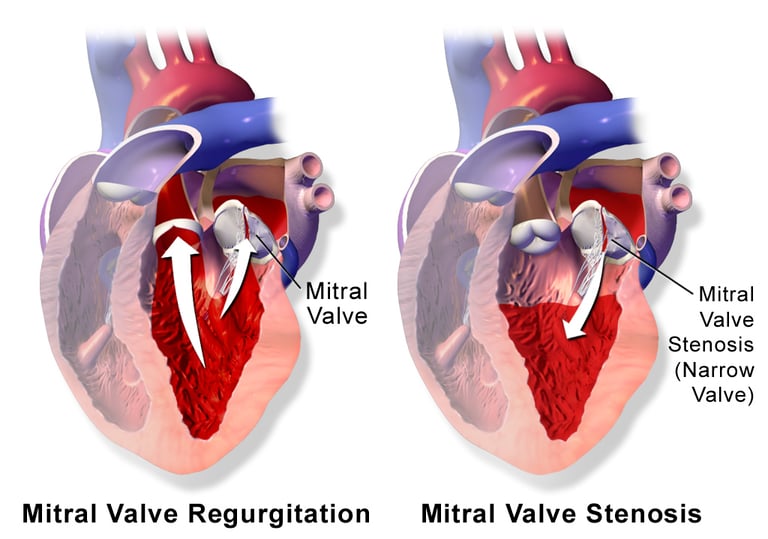

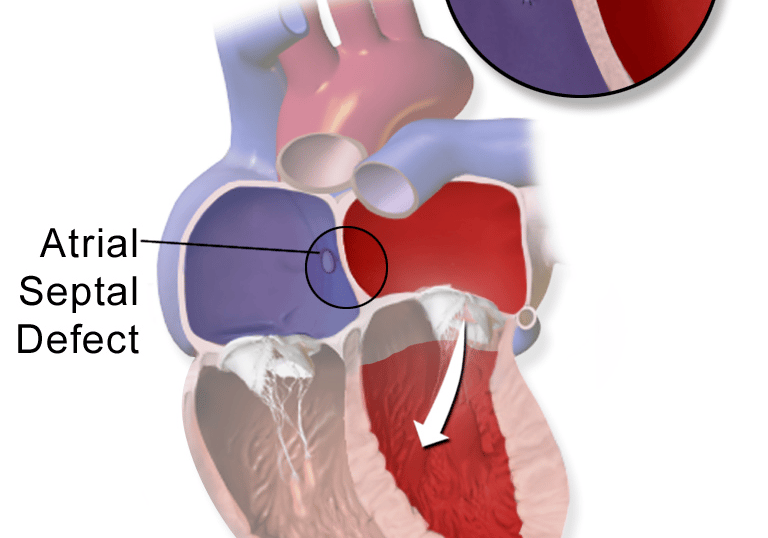

State-of-the-Art Minimal Invasive Cardiac Procedures
Frequently asked questions
We are here to help
Minimally Invasive Cardiac Surgery in India is transforming heart care with faster recovery, smaller incisions, and world-class outcomes. Our team of experienced heart surgeons, trained in advanced robotic and minimally invasive techniques, ensures patients receive the best treatment with compassion and precision. Based in Delhi, we cater to patients across India and international visitors seeking affordable and high-quality cardiac care. Whether it’s Minimally Invasive Bypass Surgery, Valve Repair, or ASD/VSD Closure, we are committed to delivering excellence in heart surgery with the latest technology and trusted expertise."
